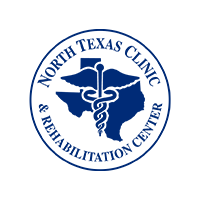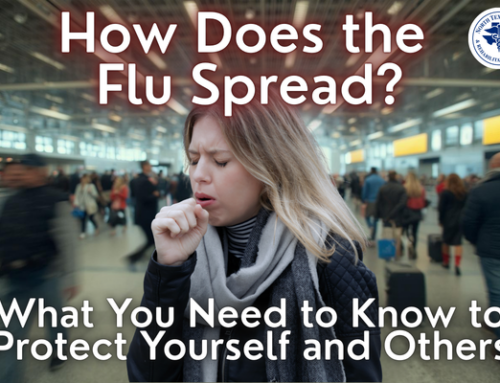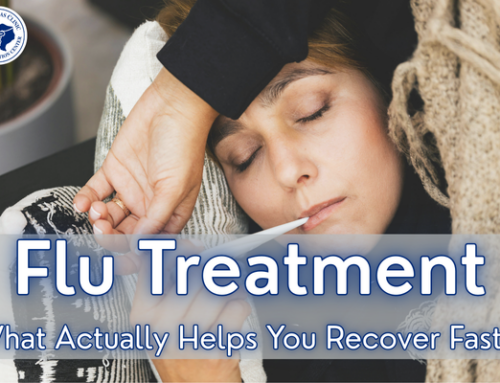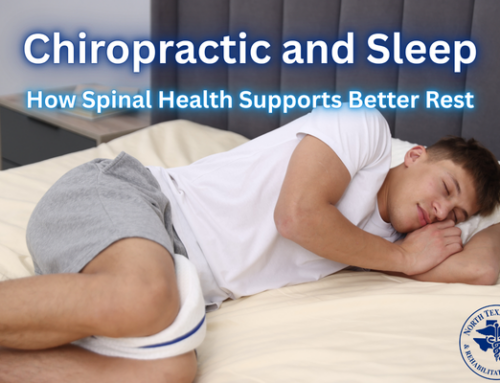
Auto accidents, no matter how minor, are stressful for anybody. But knowing what to do after a car wreck will help you manage your reactions and stress, at least to an extent.
Even if you are an exceptionally safe driver, accidents happen.
According to the Texas Department of Transportation, “1 reportable crash occurred every 57 seconds” in 2022 in just Texas. And those are only the ones we know about. The National Highway Traffic Safety Administration estimates as many as 10 million accidents a year in the U.S. are never reported.
So, it’s unfortunately likely you will have an accident behind the wheel at some point. But if you know what to do after a car wreck, you can protect yourself legally while treating or preventing long-lasting pain.
What To Do After a Car Wreck
The absolute first thing you must do if you experience any kind of motor vehicle accident is to stay calm. A clear head will help you remember details better, assess yourself and others more accurately, and interact with law enforcement (if needed) and other involved drivers more appropriately.
The second and equally important thing is to stay where you are. Hit and runs, or “Leaving the Scene of an Accident” is a crime in Texas. It’s a misdemeanor if there is only property damage, but it is a felony if the accident causes injury or death.
Third, you must render aid if anybody is injured. Like fleeing the scene, it is a crime not to help an injured person, regardless of whose fault the accident was.
Don’t worry; you don’t have to be a doctor or know how to triage victims. Rendering aid simply means to help them when you can and call for help when you can’t. Call 9-1-1 immediately if somebody is unconscious, bleeding profusely, has broken bones or significant wounds, or is stuck inside the vehicle.
The other things you should do after a car wreck depend on the situation.

1. Put on your hazard lights and move to the side
If you or your car is in a dangerous or obstructive position and you’re able to do so, move to the side of the road, a parking lot, or the nearest safe place. It may be vital to take quick pictures of the cars’ positions before you move them, though. This can help determine who is at fault later on.
Whether you’re able to move or not, be sure to put your hazard lights on immediately. At night, you can also use flares or reflective signs if you have a roadside emergency kit with you.
2. Call the police
For very minor fender benders with no injuries and little to no damage, you don’t have to call the police. However, it may still be in your best interest because injuries and car problems can present themselves days or even weeks later.
According to the Texas DoT, always call 9-1-1 if:
- There are injuries or fatalities
- The vehicles cannot be moved from the site of the crash
- You believe a driver is intoxicated
- An involved driver flees the scene
- A driver refuses to give you their information or has no insurance
When in doubt, the police know what to do after a car wreck. They are there to help you, so calling them is always an option.
3. Exchange information
Exchanging personal details doesn’t just make your insurance company’s life easier; it’s actually required by law. The easiest way to handle an exchange of information is to take pictures (if allowed) of their driver’s license, insurance card, and license plate. You can do this while you’re waiting for officers to arrive. Taking pictures ensures you correctly identify their:
- Name
- Phone Number
- Address
- Texas Driver’s License number
- License plate number
- VIN
If they refuse to give you their information, call the police, even if you hadn’t planned to. They will take down their information in their report. And remain calm. Yelling won’t change their mind about giving you their information and may create an unsafe environment.
Lastly, if you hit a parked car, it is your legal obligation to leave the owner a note with your information. Failing to do so is illegal and can land you in hot water if the accident is caught on security cameras.

4. Take pictures or videos
Even if you have the police there, take your own pictures of the damage and any relevant details, such as street signs, tire tread marks, and vehicle positions. Your documentation can help if the other driver claims a different version of events.
Another option is to check with witnesses to see if they saw the accident. Assuming they stay there afterward and it’s safe to talk to them, you can ask them what they saw and see if they caught video on their phones or dashcams. Of course, they’ll have to be willing to share their testimony with both you and the police. If they are, witness statements can go a long way toward identifying the correct at-fault party in a wreck.
5. Contact your insurance company
The sooner you contact them, the smoother the process will be later. Insurance claims take time anyway, and most companies have a small timeframe from the day of the accident. Therefore, it’s best to contact them, even if you didn’t experience any injuries or damage initially. Plus, it may protect you if the other party files an untrue claim against you. And, in case you forget what to do after a car wreck, they can help.
6. Seek medical care
As previously mentioned, you may not feel like you’ve been hurt or injured at first. Between the shock of the accident and the fact that bruising, tears, and other injuries aren’t always immediately noticeable, a doctor’s or chiropractor’s assessment can treat and prevent problems before they grow. Even minor car accidents can cause serious lifelong injuries, so don’t wait.
When you do seek medical care, make sure you keep all of your receipts and paperwork. Your insurance company and personal injury attorney will need them, especially if the other person is at fault.
If you have legal representation for the accident, your attorney can give you a Letter of Protection to prevent you from having to pay for your medical care. North Texas Clinic & Rehab is an experienced auto accident injury clinic, and we will work with your attorneys to provide healthcare and documentation with no immediate out-of-pocket costs for you.

What Not To Do After a Car Wreck
- Do not panic — Your adrenaline will already be high, so it’s essential to breathe deeply and remain calm. Panicking makes it difficult to talk to the police or other parties, and it will be challenging to pay attention to the details of the wreck or recall them later.
- Do not flee the scene — Regardless of damage or injury, leaving the scene is a crime. With so many security cameras and witnesses with phones, you don’t want to risk doubling the amount of problems a wreck can lead to by fleeing.
- Do not admit fault — Even if the car wreck was your fault, do not say “it was my fault” or anything similar to the other party, the police, or your insurance. Simply state the facts when asked without admitting guilt or fault. Then, let the police, insurance companies, and lawyers, if it comes to that, handle the rest.
- Do not ignore pain or injuries — Although money may be an issue in seeking medical care, the physical, mental, and financial toll of living with pain and injuries is worse. Most clinics, including ours, accept most insurance plans and government health benefits. And if a personal injury lawyer is helping you with your case, you may not have to pay out-of-pocket at all.
No matter how minor the pain or soreness feels at first, don’t ignore it. Go see a doctor or chiropractor before it gets worse.

Knowing What To Do After a Car Wreck Keeps You Prepared
Hopefully, you’ll never need this information. But since most people do experience at least a fender bender at some point in their lives, knowing what to do after a car wreck helps you handle it better when it happens.
Following these steps and avoiding big no-nos also protect you from paying for damages and medical care you should not be liable for. The more thorough you are in gathering and documenting the facts of the accident, the more likely your claim will go through without issue.
Finally, taking care of yourself is crucial. Even if you think you’re not hurt, soreness and delayed issues shouldn’t be ignored. They can leave you unable to work or take care of your responsibilities for days, weeks, or even months. Some injuries, such as whiplash, can cause lifelong pain if left untreated.
Every situation is different, and minor car accidents might be no more than a hiccup in your day. But it’s best to follow all requirements and recommendations of what to do after a car wreck. Call the police, exchange information, and see a healthcare provider as soon as possible to protect yourself from running into legal and physical problems down the road.

